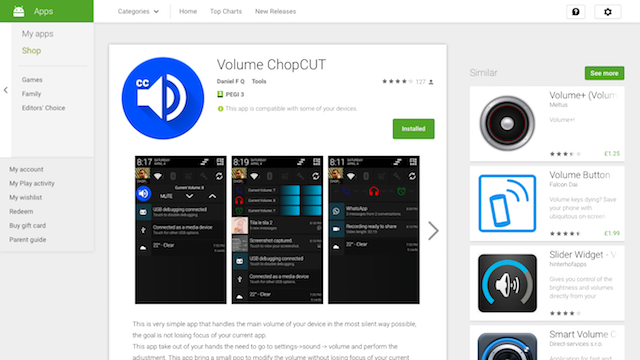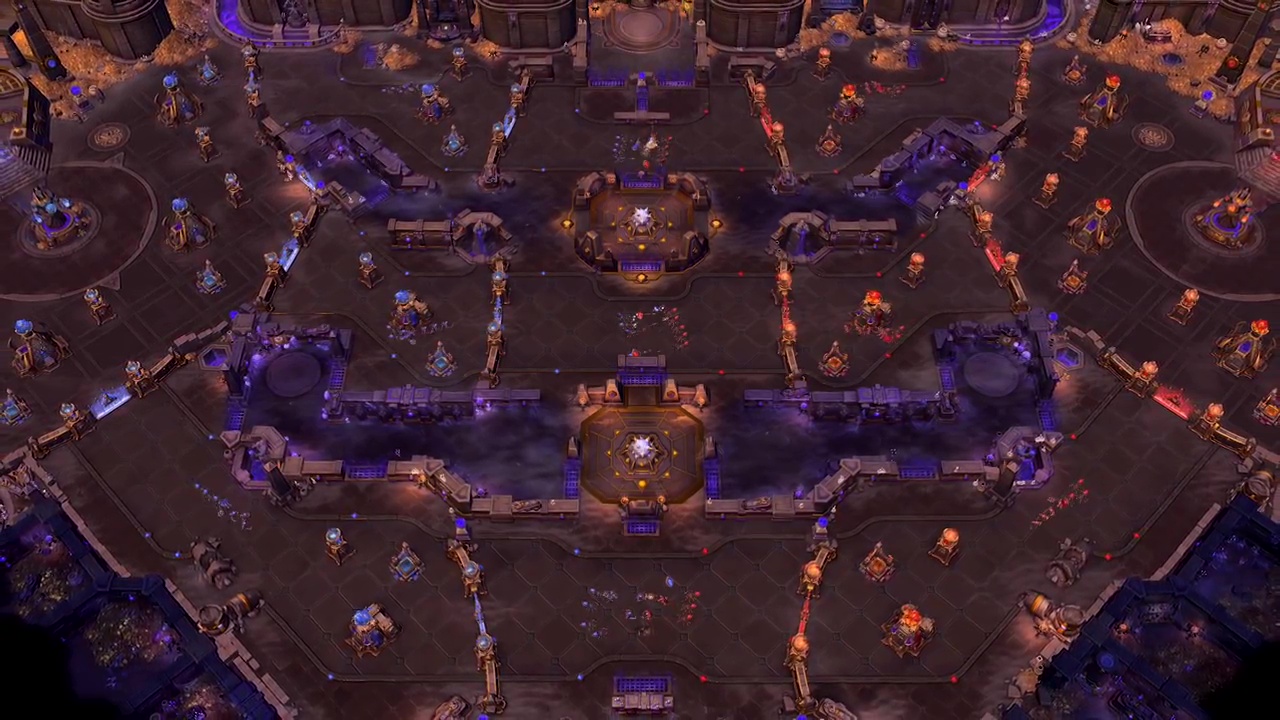

If my time with Theatrhythm Final Fantasy: Curtain Call has taught me anything, it's that you can't have too much of a good thing. A Final Fantasy-themed rhythm game and sequel/standalone expansion to Theatrhythm, Curtain Call includes the dozens of tracks from the original title and adds over a hundred more. It feels like less of a best-of compilation and more of an all-encompassing discography, and also brings new, addictive gameplay modes, enticing you to keep your 3DS at the ready. Though its RPG elements are little more than superficial window-dressing, Curtain Call's core gameplay is strong enough to keep you entertained.
The mood throughout Curtain Call is light-hearted, a strong contrast to the no-nonsense air of the majority of the titles in the Final Fantasy series. You put together a team of cartoony heroes, choosing characters from a massive roster spanning nearly every title with the name Final Fantasy attached to it. Want to assemble an all-star team where Cloud and Tidus fight side-by-side? Go for it, even if it's just for kicks, as each team of four doesn't play very differently from the next. As far as plot goes, it's a bit convoluted--something about magic crystals and a couple gods fighting each other--but the fun factor doesn't hinge on it.
The core gameplay in Curtain Call is challenging, tense, and most importantly, fun. Just as in the original Theatrhythm game, you watch the upper 3DS screen for visual cues while tapping away at the lower touch screen in time with famous soundtracks of Final Fantasy lore. It's always satisfying to get a Critical hit from a perfect tap on a trigger, or to nail that directional swipe at the end of a held note. Too easy on the Basic skill level? Crank it up to Expert or Ultimate and you're sure to find a worthy challenge. Each touch is responsive and accurate, so if you screw up, you know it's your fault--no game-blaming, here. Curtain Call also introduces an alternate control scheme that lets you use the buttons and circle pad in lieu of the stylus, and both are equally viable for musical enemy beat-downs.
The three different types of stages reprise their roles from the first title. Field Music stages, where the goal is to cover as much distance as possible, are played to overworld themes. Battle Music stages are hectic levels that pit your team against various enemies and serve as the toughest tests; you attack, use abilities, and even summon gods by nailing your triggers with perfect timing. The Event Music stages are simpler bits of fan-service, providing a low-tempo rhythm game superimposed over a memorable cinematic from a Final Fantasy title. In each of these stage types, you must reach the end without draining your hit points, which tick down with every botched note. No previous Theatrhythm experience is necessary to enjoy Curtain Call; simple stages and informative tutorials are welcoming if you're new to the series, while the higher skill levels ramp up the challenge as you get comfortable.
Instead of messing with the core experience of Theatrhythm, Square Enix simply added more content--a lot more. Curtain Call boasts 221 songs spanning more than twenty different Final Fantasy titles. That's a massive addition when compared to the 39 songs in the original, and Curtain Call even includes music from offshoots like Final Fantasy VII: Advent Children and the Dissidia titles. The sheer number of songs goes a long way on its own to boost the already good replay value of the series.
But Curtain Call isn't just Theatrhythm with more songs--the new gameplay modes steal the spotlight. One of them is Quest Medley (expanded from the mode found on the iOS version of Theatrhythm), which offers up missions of varying lengths and difficulties through random collections of songs called Chaos Maps. You battle over branching paths, and each Map is punctuated by a showdown with a final boss. The catch: your HP meter doesn't refill between each stage as it does in other modes, so you'll need to watch yourself every step of the way in order to succeed. A Short Quest may only contain about ten stages, whereas a Long Quest could run over forty, with a new randomized Chaos Map unlocked after every successful run. Add in the ability to use items like tents between stages to refill HP, and this mode not only brings the Theatrhythm gameplay closer to the traditional Final Fantasy experience, it's also much more engaging than just picking a song and playing it.



